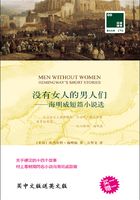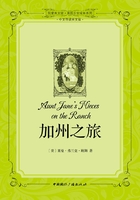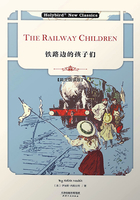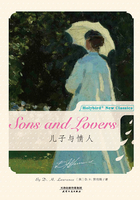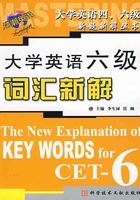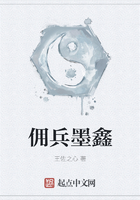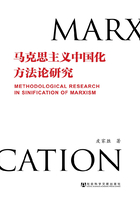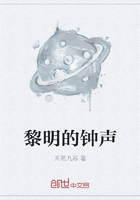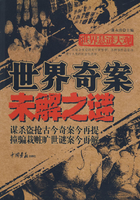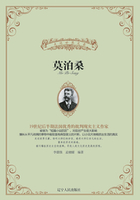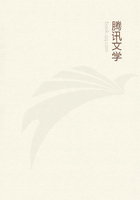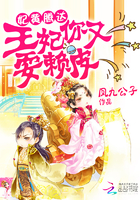The second stage of negotiations would eventually comprise twenty-two rounds of talks, during which Britain pulled every trick in the book trying to outflank China. Thatcher tried to pressure China by inciting international opinion against it, including composing a letter to US President Reagan hoping to get his support. Reagan replied saying that the US had significant economic interests in Hong Kong, and was not in a position to publicly pressure China.
At the negotiating table, Britain continued to insist that the "three treaties" remained valid, and put forth the idea of "administration while returning sovereignty" . In other words: China, we'll give you back sovereignty over Hong Kong, but the British will continue to run it. China staunchly opposed this idea. Britain also trotted out the concept of the "three-legged stool" , hoping to create a two-on-one dynamic by inviting Hong Kong into the negotiations.
In June of 1984, Britain sent three representatives from Hong Kong's unofficial legislature to Beijing to "plead for the people's lives" ; that is, to attempt to convince the central government not to retake Hong Kong. They met with Deng Xiaoping. As soon as he saw them, he said without the barest hint of courtesy: "You aren't here to represent the will of Hong Kong's people, you are here to represent the interests of the British. We'll resolve the Hong Kong question with the British. Here there is only a two-legged stool, there will be no 'third legs'. There is no question, Hong Kong will be returned in 1997. And we will not stand for interference by any party!" The three representatives, coming to "plead for the people's lives" , left with nothing.
Some of Hong Kong's more British-leaning individuals assembled a delegation, which went to London to "petition" the British government. The delegation said that the people of Hong Kong welcomed continued British rule of the territory, and that if the Chinese Communist Party were to take control it would destroy Hong Kong. They added that the return of Hong Kong to China would put an end to the lucrative UK-Hong Kong relationship, and asked that Britain "renew its contract." Others in Hong Kong put forward a "New History" thesis, publicly criticizing Lin Zexu's resistance towards the British as "out of step with his times." In an attempt to reverse history's verdict on Lin Zexu and others—and find historical evidence to support their very modern claptrap—they promoted the absurd idea that, since China was no match for Britain, there was no point to resisting, and that surrender was logical.
"He who wishes to lose his country should first lose his history," wrote Zhou Nan in his memoirs. He went on: "Extending [the New History] logic, [national heroes such as] Yei Fue, Wen Tianxiang, and Shi Kefa would all be wrong, and would all become fools 'out of step with their times'! And [traitors such as] Qin Hui, Qishan, and Empress Dowager Tzu-hsi would all become 'wise and judicious statesmen'? And according to this line of thought, wouldn't our eight years of resistance to Japanese aggression also be mistaken, and the traitor Wang Jingwei's view that 'resistance to Japan must fail' the correct one?"
The revisionist movement could not, and did not, succeed.
September 24, 1983, became a day that the people of Hong Kong called "Black Saturday." The first round of negotiations between Deng and Thatcher were held a year earlier. A year later, at the close of the fourth round of negotiations, the British side leaked to the press that negotiations had broken down, and that the future of Hong Kong was in doubt.
The news spread like an epidemic through Hong Kong, sowing terror and confusion in the hearts of the city's people. Its stock markets tumbled, bank runs multiplied, inflation spiraled out of control, and the Hong Kong dollar plummeted to unprecedented depths. City residents began panic buying, with Hong Kong seemingly arriving at the brink of collapse.
It was in this moment that a powerful gust of wind, blown down from Beijing, sent shivers through British authorities in the form of an announcement:
"If Hong Kong descends into chaos, China will push forward its timeline for retaking Hong Kong!"
The obstinate, normally cool-headed Iron Lady lost her grip, convening an emergency meeting of her top advisors and the governor of the Bank of England to discuss a response.
Prior to their meeting, during a face-to-face discussion with former British prime minister Edward Heath, Deng Xiaoping had laid out China's position, saying:
"We hope that Britain will not become entangled again on issues of administration. Its hope to trade sovereignty for administration is a non-starter. And we hope that Britain will not force China to issue a unilateral statement regarding Hong Kong's return; rather China and the UK should issue a joint statement. On the issue of Hong Kong, we hope that Thatcher and her government adopt a sensible attitude, and avoid paths that lead nowhere."

